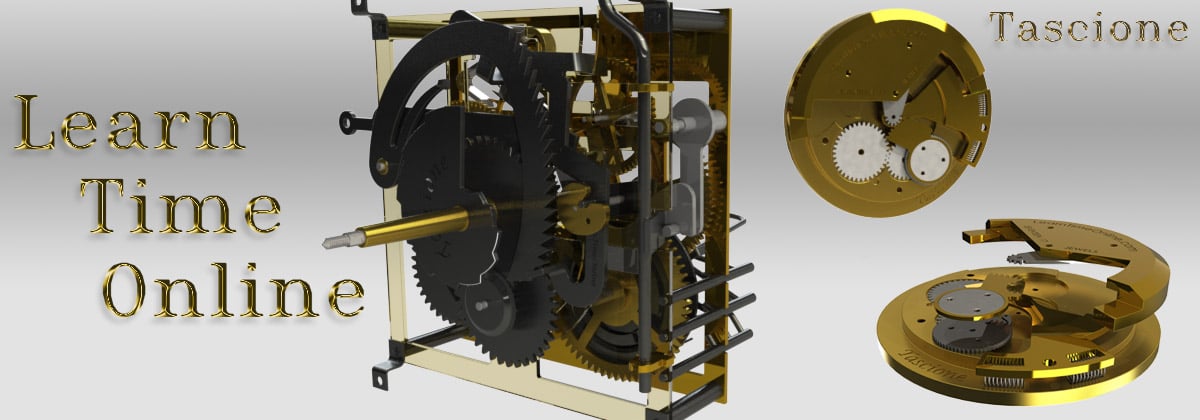Home › Forums › General Discussion Forum › Getting started, What will I need?
- This topic is empty.
-
AuthorPosts
-
June 18, 2012 at 8:56 am #48291
Hello,
I am just getting started and was wondering from those with the experience as to what tools and supplies I will need to start off cleaning and repairing clocks?
June 18, 2012 at 9:26 am #51868Hi James and a very warm welcome.
Watch Bobs clock repai videos, he describes each stage in detail and discusses the various methods and tools that can be used. I sat down with a pen and paper and made a list of the tools as I watched the videos.
Anyway here is an idea of the basic tools.
The list of tools you can buy is endless but to get started I would buy a cheap clock to work on, take it apart and then see what work it needs. First tool is a mainspring letdown tool, very important to let down the mainspring before you start anything. I would suggest a range of screwdrivers, mainly flathead type although you will come across the odd movements held in with philips / posidrive type screws. A few different types of small pliers. You will need these tools just to get the movement dismantled.
Now more than likely if it is an old clock the pivots will need polishing so a block of hard wood, small bench vice, pivot file/burnisher and some pin vices for holding the wheels. Pivot polishing on a block of wood takes a little practice but it is the cheapest way and its how I do it.
If some of your pivot holes are worn oval you will need an assortment of brass bushes, a small rat tail needle file, cutting broaches, smoothing broaches and a good small hammer. Lets not forget a good eye glass if you dont have one already or some means of magnification.
A mainspring tool for removing and re-fitting the mainspring is an expensive item, you can use pliers, thick leather gloves and eye protection but there has been some discussion about spring distortion using this method. If it is a cheap clock then as long as you are careful you shouldnt have too much trouble with pliers.
Good quality clock oil and your choice of mainspring lubrication will also be needed. You can just clean the parts with hot soapy water but making sure you get all the old oil and grease off of the movement or you can spend some more of your hard earned cash, buy an ultrasonic cleaner and either make your own clock cleaning solution or buy some. If the movement is very grubby then nip down to the local auto store and buy a can of brake cleaner or degreaser, wear gloves with it and make sure there is plenty of ventilation. A good light source is very important, if you dont have good daylight then a good lamp with a daylight bulb is worth its weight in gold.
There are various things you can buy to help and I have probably missed a few things but like I said at the start of my answer, watch the videos, there is more useful advice in there than I could ever provide.
If you have any problems please let us know and we will do our best to help.
Paul.June 18, 2012 at 10:15 am #51869Thanks, I will watch his videos again and take notes.
Thank you for the info.June 18, 2012 at 3:12 pm #51870Hi James, a real quick note as I am currently expanding my clock shop. Paul covers alot of good info, I have a site here that helped me, http://www.abbeyclock.com/tools.html. Bob also has a list (I think) somewhere
 ????p.s. welcome.
????p.s. welcome. -
AuthorPosts
- You must be logged in to reply to this topic.
